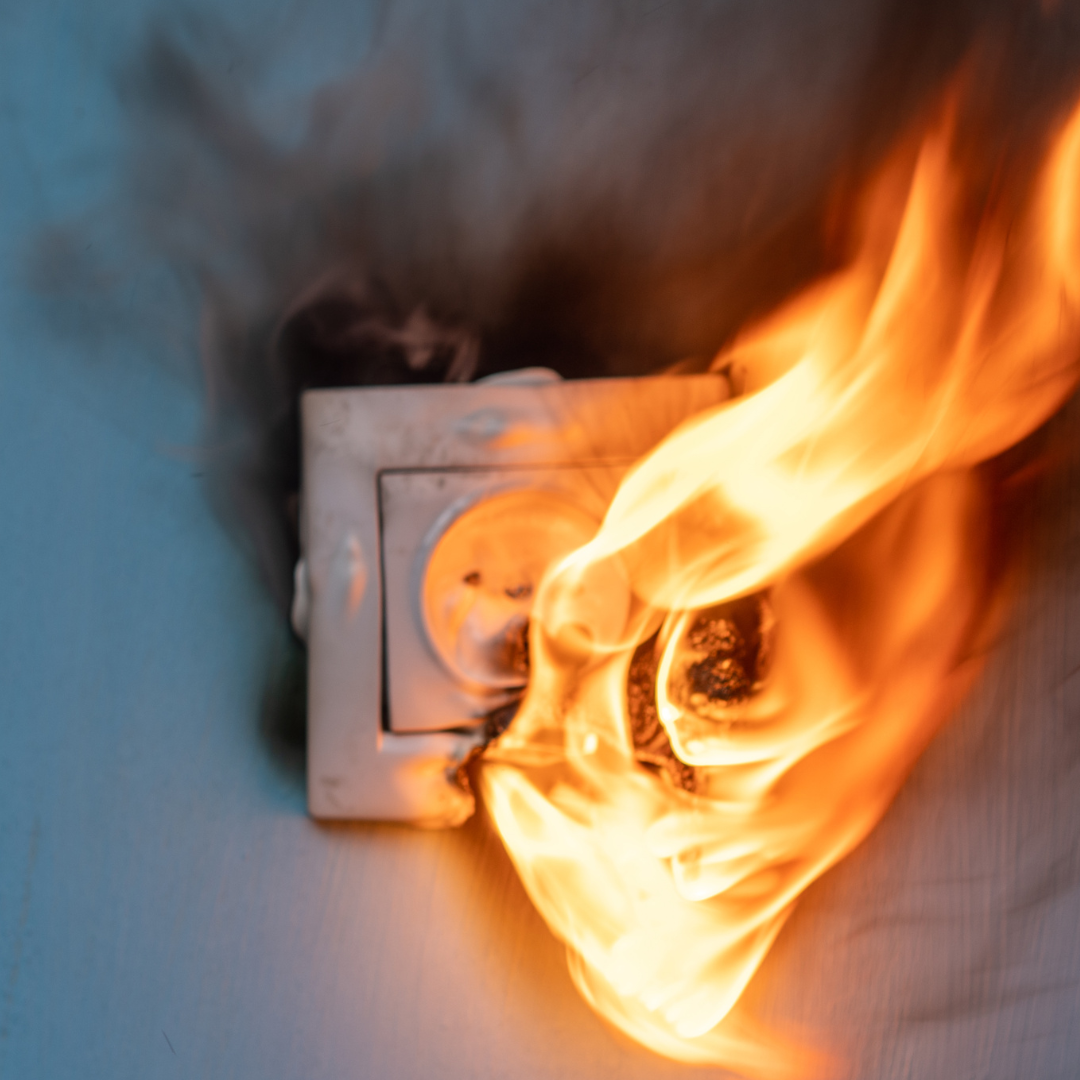Can a Roof Leak Trigger an Electrical Fire? Here's What You Need to Know!
Imagine waking up to the steady drip-drip of water from the ceiling, right onto your living room floor. It's frustrating, inconvenient, and downright worrying. But did you know that a roof leak can pose a far more insidious danger? That’s right; it could lead to an electrical fire. Understanding how water and electricity interact is key to grasping the severity of this issue.
Water is an excellent conductor of electricity. When it infiltrates your home through a compromised roof, it can come into contact with electrical systems in various ways. From light fixtures and wiring to outlets and circuit boxes, the presence of water where there shouldn’t be any is a recipe for disaster.
“Water and electricity don’t mix – it’s a fundamental safety rule,” says John Doe, a certified electrician. “Even a small leak poses significant risks because water can travel behind walls, reach hidden wiring, and create hazardous conditions unseen to the naked eye.”
Here are some specific ways a roof leak can cause an electrical fire:
Short Circuits: When water comes into contact with electrical wiring, it can cause a short circuit by disrupting the flow of electricity. This is one of the most common ways that fires start in homes.
Corrosion: Over time, persistent exposure to water can corrode wires and electrical components, degrading their functionality and safety. Corroded wires are more likely to overheat, sparking a fire.
Insulation Damage: Water can also damage the insulation around electrical wiring, leading to exposed wires that can ignite materials like drywall or wood.
Clearly, the dangers are real and numerous. That’s why addressing roof leaks immediately is not just about preserving your home; it’s about ensuring the safety of everyone inside.
Common Scenarios: How a Roof Leak Can Lead to an Electrical Fire
Imagine coming home from work to find a mysterious damp patch on your ceiling. It seems harmless at first, but what lies beneath could be far more dangerous. When water from a leaky roof makes its way into your home, it can come into contact with electrical circuitry. This scenario is one of the many ways a roof leak can lead to an electrical fire.
Electrical issues arise when water seeps through your roof and reaches the wiring inside your walls or ceilings. Moisture can cause wires to corrode, leading to short circuits. A short circuit occurs when an electrical current takes an unintended path, which can generate heat and potentially ignite surrounding materials. The risk is significant, especially if the leak occurs above or near an electrical fixture, outlet, or junction box.
Another scenario involves water dripping onto electrical panels or circuit breakers. These critical components of your home's electrical system are designed to handle high voltages. When they get wet, they may malfunction, resulting in tripped circuits or, worse, sparking and igniting a fire. It's a hidden danger that many homeowners overlook, but it's crucial to address promptly.
Signs of electrical problems due to a leaky roof include flickering lights, unexpected power outages, and the smell of burning insulation. If you notice any of these warning signs, it's essential to act quickly. Ignoring them could lead to more severe issues, including the risk of electrocution or a full-blown fire.
Early detection and prevention are key to avoiding roof leak-related electrical fires. Regular maintenance checks of your roof and electrical systems can help identify potential problems before they escalate. Always ensure that any water damage is repaired promptly and consider consulting an electrician if you suspect that your wiring has been compromised by a leak.
Need to talk to an expert?
Our Bayside team of qualified, expert plumbers are here to help.
Call us on 03 9501 3777 or request a call back here.






